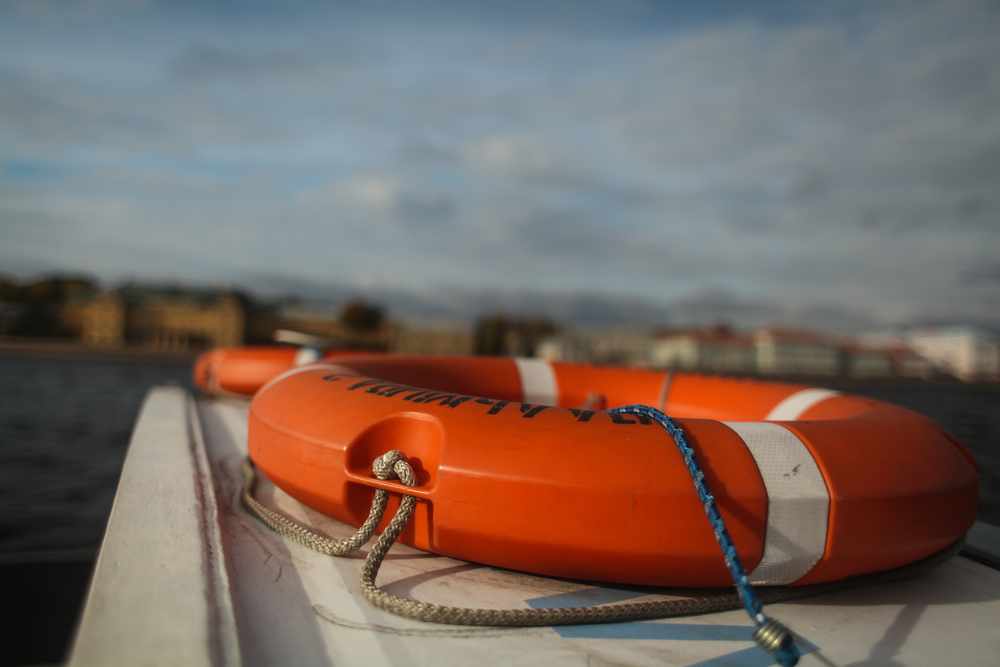
I attended the near drowning of a Gap Year traveler one week ago today. It was, by far, the most terrifying experience of my life to date and I’m extraordinarily glad to have been present, and that he is alive.
While travel is, statistically speaking, a safe endeavor, deaths do occur abroad; just like they do at home. Among student travelers, the two leading causes of death abroad are automobile accidents, and drowning. Automobile accidents seems intuitive to anyone who has been outside the neatly organized western world. Even within the USA automobile accidents are high on the list of ways to die. You’re taking a far greater risk, according to the numbers, by driving to school than you are in hopping on an airplane. Cross the street in Hanoi sometime, or board a chicken bus in Guatemala and you’ll understand why automobile deaths are high.
But drowning? No one really thinks about that one in the same way. This particular fellow could swim, was strong, and in perfect health. And yet, he came moments from losing his life.
Strategies for Remaining Safe on the Road
There are strategies for remaining safe on the road.
- Having a communication plan in place is important
- Check in regularly with local friends and at home, make sure people know where you are
- When you board public transport, have a good look at the driver: Are they old enough, sober & reasonable looking?
- If there’s a seat belt, wear it!
- Listen to safety briefings when they’re given; local people know their stuff
- Use good judgement: If the waves are big, don’t get on the water
- Don’t assume you’re magically going to be good at stuff: If you haven’t done it before, you’re a newbie, and you’re more likely to be dangerous; own that
- Listen to your gut; it’s often right
- Remain sober
- Consider others: It’s easy to feel like our risks only affect ourselves, this is not true, your family, your friends, your entire community is relying on you to make good choices
- Wear a life jacket; always, obviously
Factor in Safety in Planning
When planning a Gap Year it’s fun to think about where you’ll go and the adventures you’ll have. It’s exciting to learn a new language, to save money for the trip of a lifetime, to invest in a new camera and gear to make memories with as you go.
Be sure to plan adequately to ensure your safety, and the safety of those you will encounter on your trip.
The Gap Year 30 Student and Gap Year 30 Parents 30 day boot camps for planning will walk you through every aspect of planning, including safety.
- Take First Aid & CPR classes
- Consider First Responder or Life Guard certification
- Carry an adequate first aid kit and know how to use it
- Know the emergency numbers for the countries you are in
- Know the locations of the hospitals in every city you visit
- Invest in travel insurance, for health and emergency medical evacuation
Do you have other safety tips for students traveling abroad, or a story you want to share? Please add them in the comments!
